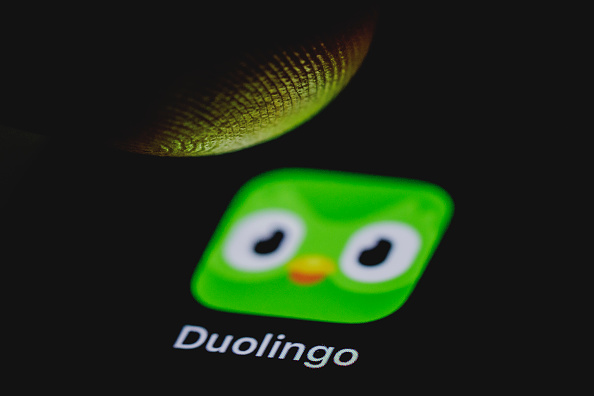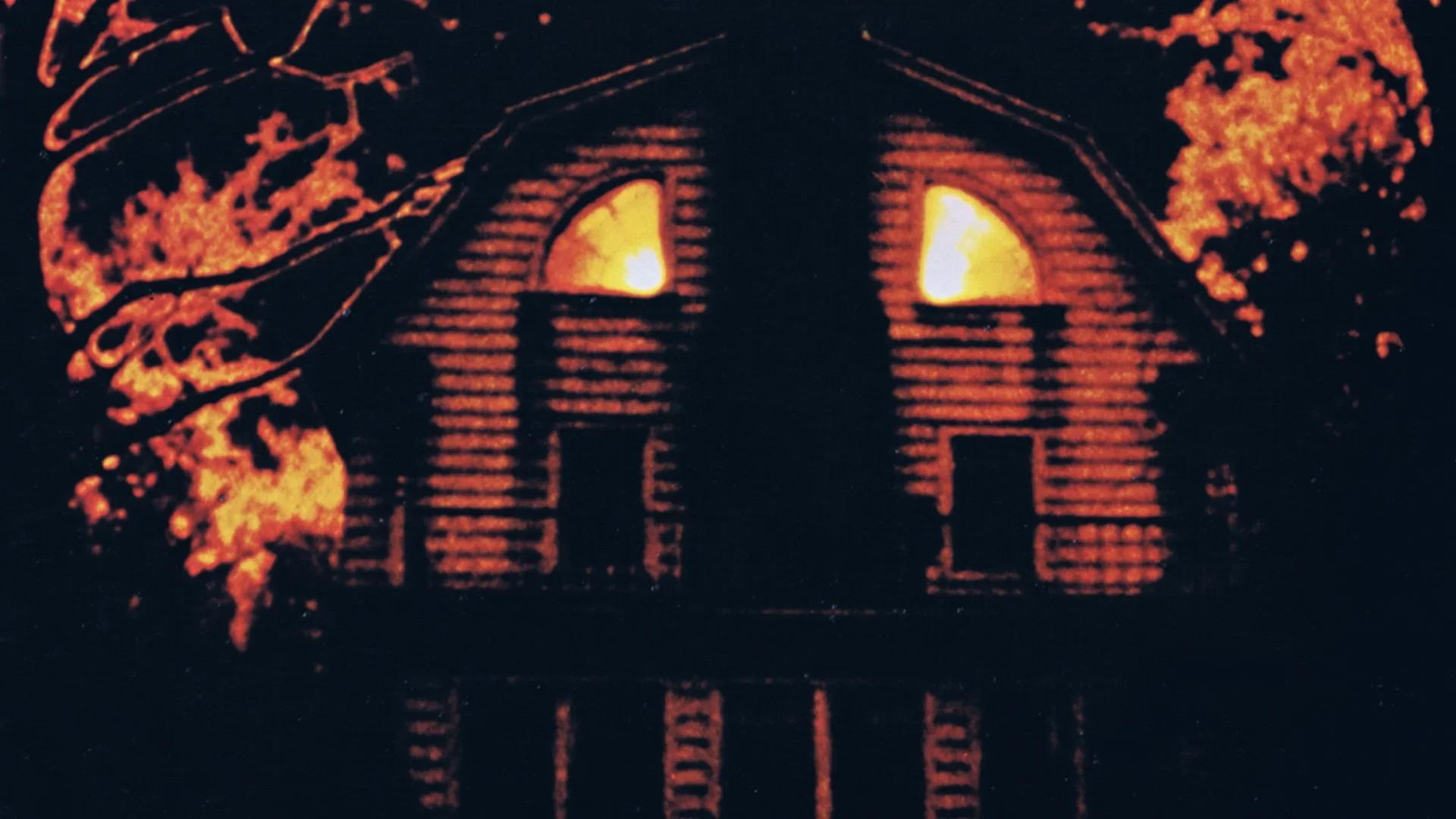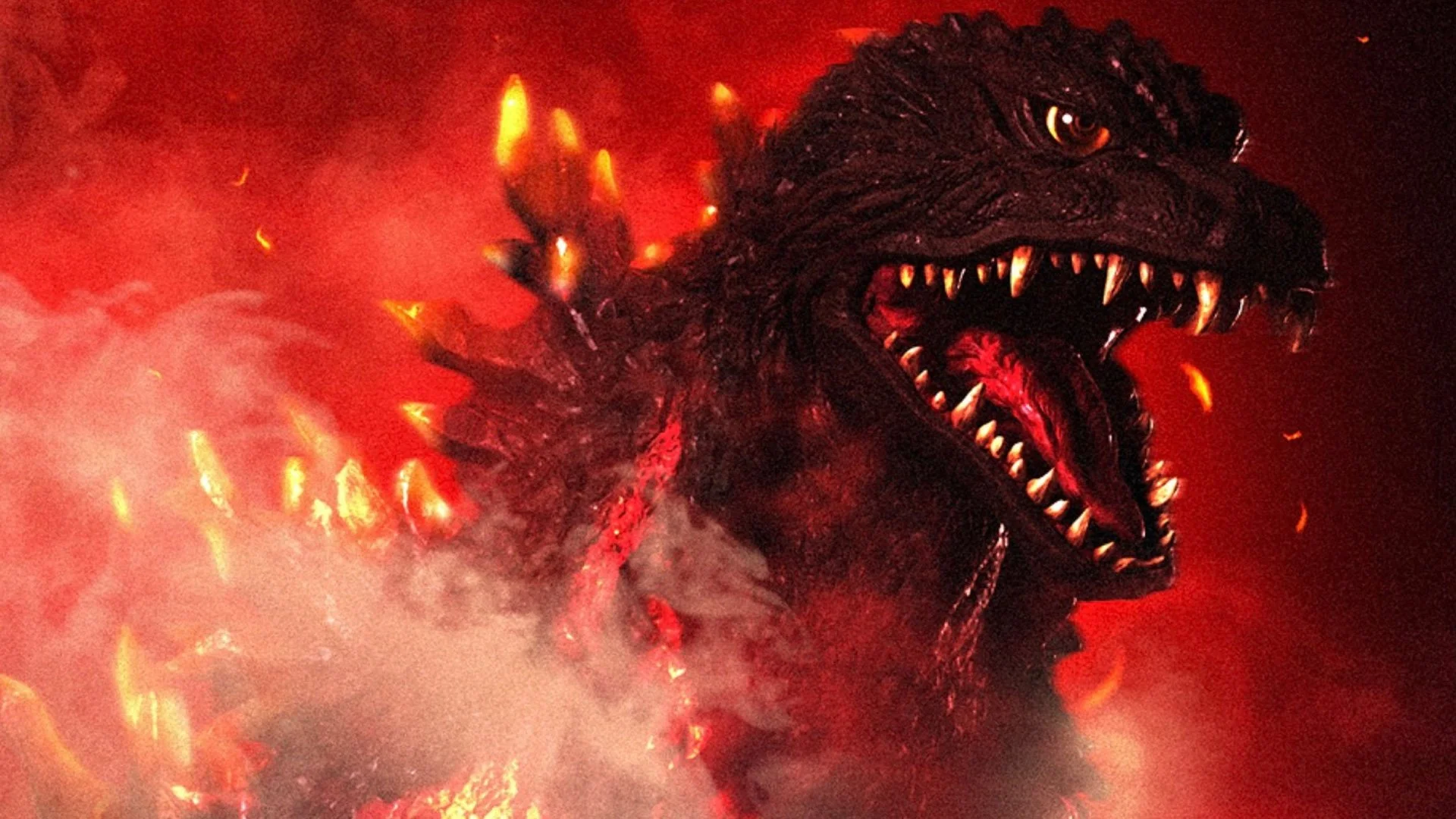It’s nice to see how the stars who have emerged from the phenomena take advantage of it to undertake projects that allow them to expand their popularity in other areas. It is the case of Lee Jung-jae. The actor is from ‘The Squid Game’, one of Netflix’s 2021 sleepers and one of his most internationally successful productions not filmed in English, garnering Golden Globe, Emmy or Hollywood Actors Guild nominations, making history and passing milestones. The actor is also dedicated to the direction and screenplay of ‘Hunt’. Spy Hunt’, a thriller with heavy doses of action.

‘Hunting. Hunt the Spy’ is actually a historical film. It is set between 1980 and 1983, key years in contemporary Korean history. In 1979 the dictator Park Chung-hee was assassinated, leaving the country in a situation of political instability resolved with the coup perpetrated by General Chun Doo-hwan, who forcibly seized power on December 12 of the same year. The tape covers one of the most painful episodes in the history of the country, the Gwangju massacre, in which the Chun regime put down pro-democracy riots, ruthlessly killing between 1,000 and 2,000 civilians.
The film is set between the massacre, the defection of the North Korean pilot Lee Ung-pyong and the attack on Rangoonhappened in the said city of Burma, in which the communist regime of North Korea tried to assassinate the dictator Chun, the latter events occurred in 1983. Given the importance of the events that Lee uses as a scenario, one would have expected a thriller more of dialogues than action. Yes, the action sequences are heavily filmed, showing the virtuosity of the South Korean industry in terms of genre, with brutal scenes in which no budget is spared, nor is the virulence of what is narrated.

Lots of action in a movie that needed more plot
Lee proves to be a good genre director, with a proposal closer to action films starring Liam Neeson or Jason Statham. sublime thrillers by Korean authors such as Park Chan-wook, Lee Jung-Ho or Kim Yong-hoon. Now, Lee loads the colors too much with the action, to the point of neglecting too much the plot of the tape, which It could very well have been a modern reinterpretation of ‘Foul Play’, ‘Bridge of Spies’ or ‘The Mole’. However, what could have been a historical reinterpretation with a John Le Carré vibe turns into a confusing plot, in which Lee mixes too much past and present in 1980 and 1983.

Added to this is that he tries to have the surprise factor almost to the end. This, of course, isn’t a bad thing, but it does require a screenwriting skill that Lee doesn’t aim to have at the moment. Perhaps the actor was ambitious for his first cinematic exercise as a full directorin which a plot of lesser historical importance, perhaps, would have fitted better.
The result is a film that fans of the genre will enjoy, but it is far from the thriller of intrigue and betrayal that it appears to be. With a confusing plot and a structure that doesn’t help either, the film falls short of recent offerings such as ‘Nest of Vipers’ or ‘Burning’, which are part of those productions that have made the Korean industry one of the most followed on the international scene. A “need for improvement” for Lee Jung-jae outside of “The Squid Game”.
Note: 6
The best: Its brutal action sequences.
Worse: Its confusing storyline creates confusion, not even knowing what historical moment it is in.
Source: E Cartelera
Bernice Bonaparte is an author and entertainment journalist who writes for The Fashion Vibes. With a passion for pop culture and a talent for staying up-to-date on the latest entertainment news, Bernice has become a trusted source for information on the entertainment industry.




